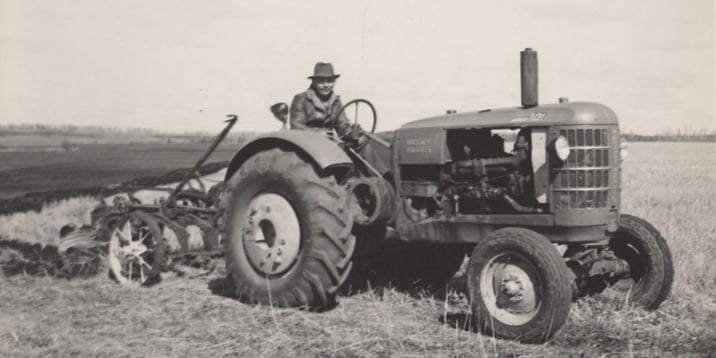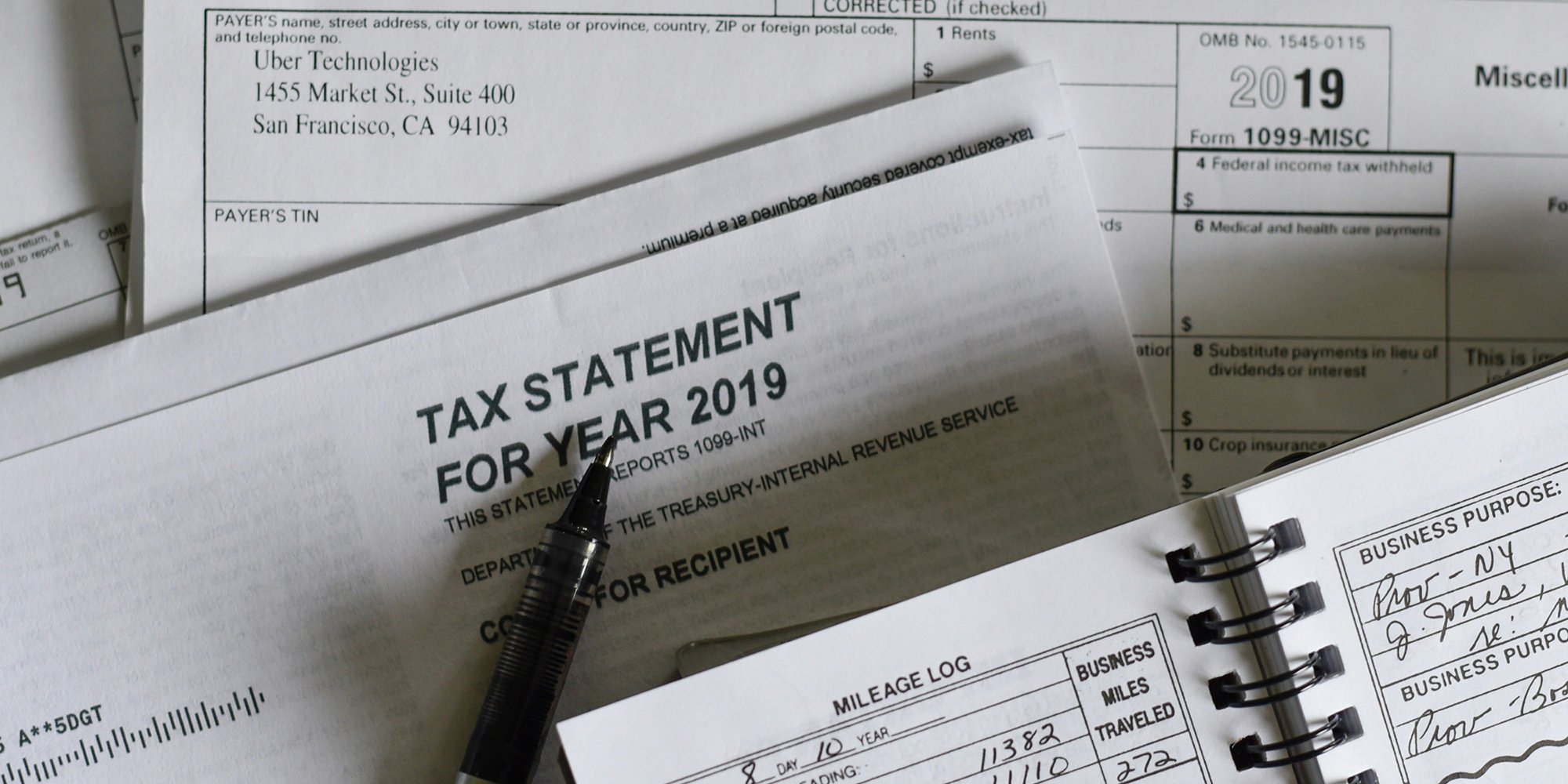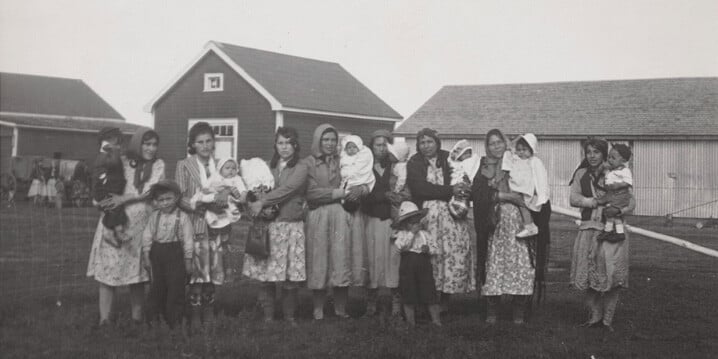The Indian Act and Taxes
Every year when the calendar rolls over to tax time, the old refrain “Indians* don’t pay taxes” is trotted out by Canadians who truly believe the...

Enfranchisement of any First Nation admitted to university (1880 amendment)
99.(1) Any Indian who may be admitted to the degree of Doctor of Medicine, or to any other degree by any University of Learning, or who may be admitted in any Province of the Dominion to practise law either as an Advocate or as a Barrister or Counsellor, or Solicitor or Attorney or to be a Notary Public, or who may enter Holy Orders, or who may be licensed by any denomination of Christians as a Minister of the Gospel, may upon petition to the Superintendent-General, ipso facto become and be enfranchised under the provisions of this Act; and the Superintendent-General may give him a suitable allotment of land from the lands belonging to the band of which he is a member. [emphasis added]
The ultimate purpose of enfranchisement (loss of status rights) was to encourage assimilation/civilization and to reduce the number of *Indians the federal government was financially responsible for. If you gave up your status you gave up associated rights and benefits.
To become a British subject - to shed the confines of the Indian Act, embrace full rights of colonial citizenship and become “civilized” - was considered a privilege by the government but not by the Indians.
The concept of enfranchisement was first outlined in 1857 when the province of Canada passed An Act to Encourage the Gradual Civilization of Indian Tribes in this Province, and to Amend the Laws Relating to Indians:
WHEREAS it is desirable to encourage the progress of Civilization among, the Indian Tribes in this Province, and the gradual removal of all legal distinctions between them and Her Majesty's other Canadian Subjects, and to facilitate the acquisition of property and of the rights accompanying it, by such Individual Members of the said Tribes as shall be found to desire such encouragement and to have deserved it : Therefore, Her Majesty, by and with the advice and consent of the Legislative Council and Assembly of Canada, enacts as follows...
Under the Gradual Civilization Act (the working name for the above Act) the following are “highlights”:
The 1857 Gradual Civilization Act arrogantly assumed that young men would fall all over themselves for the opportunity to become “full British citizens”. They were sorely mistaken as only one man voluntarily took up the offer. Band leaders were deeply disturbed by the Gradual Civilization Act and not supportive of their young men turning their backs on their heritage and traditions and taking a piece of land from the collective.
Memorial to His Excellency Sir Edmund Walker Head from the Oneida Indians of Muncey Town and other Bands on the River Thames, 1858
It is with feelings of sorrow that we hear of the act passed for the purpose of allowing the Indian to enfranchise if he feels desirous of doing so, we are sorry that such an inducement is held out to separate our people. If any person availing himself of this enfranchisement act should fail to do well and lose his little piece of ground — he is forbidden to ever return to his tribe. All red men are brethren and our hearts would bleed to see one of our brethren wandering about the highway without the right of returning to his tribe when in distress. [1]
When it became apparent that enfranchisement was not being taken up as expected or desired, the government ramped up their efforts with the 1880 amendment to the Indian Act regarding compulsory enfranchisement upon obtaining a degree or becoming a clergyman.
Enfranchisement was extended to include those Indians who joined the military. Indian veterans returning from the Second World War found that while they may have fought for their country, they had lost their status in the process and had no home to return to.
The right to vote was also tied to enfranchisement until 1960 when Indians were deemed worthy of being able to vote in federal elections.
*We use the term Indian in this article for historical accuracy.
[1] RCAP volume 1 p 137 Source: National Archives of Canada, Record Group 10 (Indian Affairs) [hereafter NAC RG10], volume 245, part 2, number 11801-11900, microfilm reel C12339.
Featured photo: Fred Callihoo, Chief of the enfranchised Michel First Nation. Photo: Unknown photographer / Library and Archives Canada / Department of Indian Affairs and Northern Development fonds / e011307193 ; Copyright: Government of Canada.

Every year when the calendar rolls over to tax time, the old refrain “Indians* don’t pay taxes” is trotted out by Canadians who truly believe the...

Indigenous nations enjoyed full autonomy over every aspect of their lives for millennia. But, that all began to change in 1867 with the introduction...

We identify ourselves in many ways - by gender, generation, ethnicity, culture, religion, profession/employment, nationality, locality, language,...